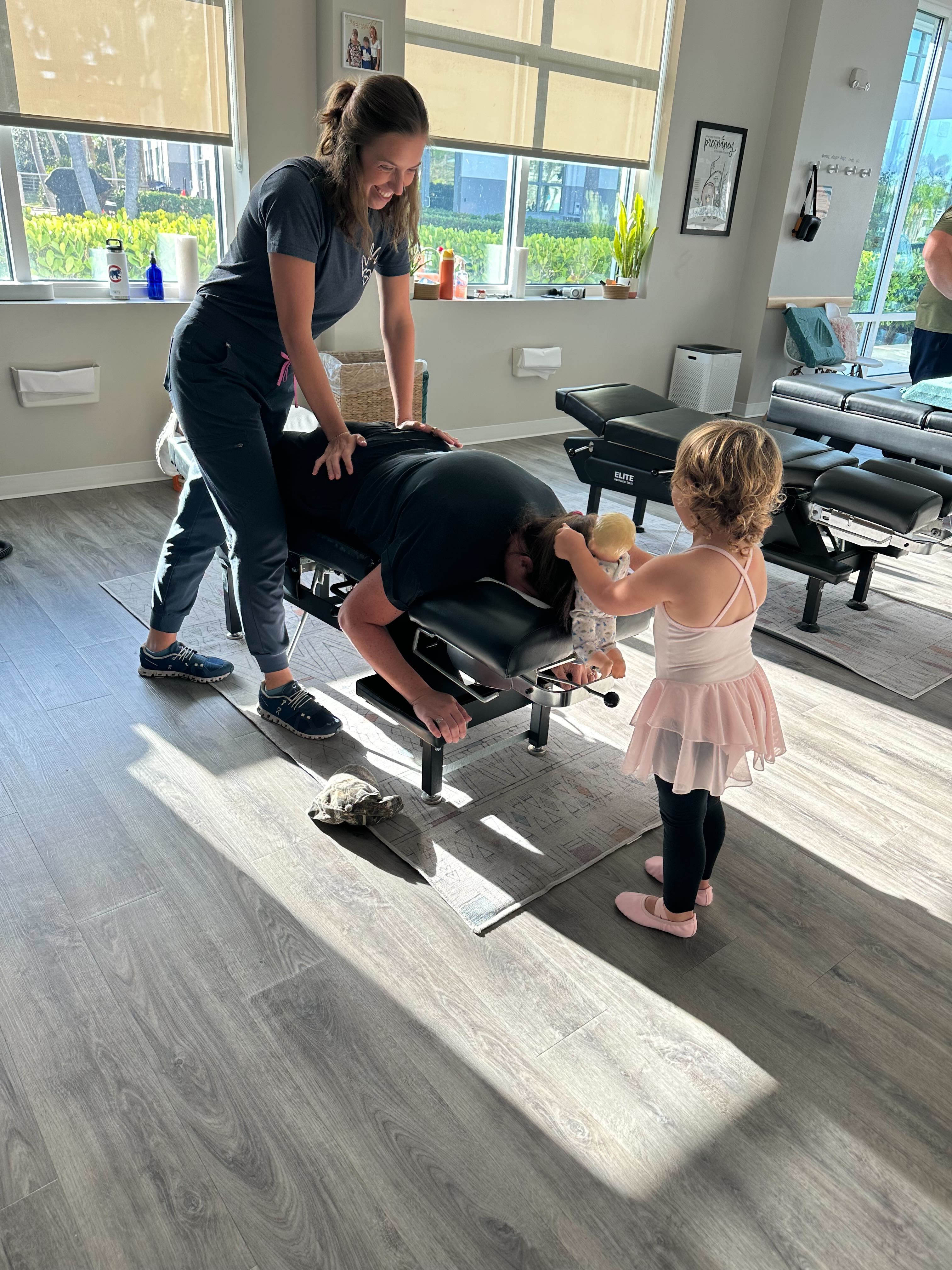The recent measles outbreak in Texas has many parents on high alert. As concerns grow, an important topic keeps coming up: the role of vitamin A in immune health and measles recovery.
If you’re a parent wondering:
- Does vitamin A really help with measles?
- Should I be giving it to my child?
- What are the best sources of vitamin A?
You’re in the right place. Let’s break it all down so you can make the best decisions for your family.
What’s Happening with the Measles Outbreak in Texas?
Measles cases are on the rise, and Texas has reported multiple confirmed cases in recent months. Measles spreads through respiratory droplets and can linger in the air for up to two hours, making it one of the most contagious illnesses. Ninety percent of unvaccinated individuals exposed to measles contract the virus, which is why immune system health is key.
Measles Symptoms
At first, measles can seem like any other virus, with symptoms such as:
- Fever
- Cough
- Runny nose
- Red, watery eyes
Within a few days, the signature measles rash appears, starting at the hairline and moving down the body. Some children also develop white spots inside the mouth (Koplik spots), a telltale measles sign.
While most children recover in seven to ten days, some cases become severe, leading to pneumonia, ear infections, or encephalitis (brain inflammation).
One major factor that can determine the severity of measles is vitamin A levels.
How Vitamin A Helps with Measles
Vitamin A is one of the most critical nutrients for immune function and skin health. Research shows it can:
- Strengthen immune defenses, helping the body fight infections
- Reduce lung inflammation and protect against pneumonia (a common measles complication)
- Support skin healing, helping clear up the measles rash faster
- Protect vision—children deficient in vitamin A are at higher risk of measles-related blindness
Why Is Vitamin A So Important?
According to the World Health Organization (WHO), vitamin A deficiency is a major risk factor for severe measles cases. In many countries, measles-related deaths have decreased significantly thanks to vitamin A supplementation.
Even in the United States, the American Academy of Pediatrics (AAP) recommends vitamin A for all children diagnosed with measles—especially if they require hospitalization.
Should You Give Your Child Vitamin A?
If your child contracts measles, both the WHO and AAP recommend high-dose vitamin A supplementation based on age:
- Infants (6 to 11 months): 100,000 IU of vitamin A
- Children (12 months and older): 200,000 IU of vitamin A (two doses, 24 hours apart)
This high-dose protocol is only for active measles infections and should not be used beyond two days. Taking high doses for extended periods can be harmful, so always consult a healthcare provider before giving high-dose vitamin A.
For daily immune support and prevention, ensuring your child gets enough vitamin A through food or supplements is a smart strategy.
Best Food Sources of Vitamin A
A nutrient-dense diet is one of the best ways to support your child’s immune system year-round. Some of the best food sources of vitamin A include:
- Beef liver – The most concentrated source of vitamin A
- Pasture-raised eggs – Great for overall immune health
- Grass-fed butter and ghee – Simple ways to add vitamin A to meals
- Wild-caught salmon – Provides vitamin A plus essential fatty acids
- Carrots, sweet potatoes, and pumpkin – Rich in beta-carotene (which converts to vitamin A)
- Dark leafy greens – Such as spinach and kale for plant-based vitamin A
Unfortunately, many children do not consume enough of these foods daily, which is where supplementation can help.
Where to Get a High-Quality Vitamin A Supplement
If your child isn’t getting enough vitamin A from food alone, a well-sourced supplement can help fill the gaps.
We recommend this trusted Vitamin A supplement from Designs for Health, which is:
- Highly bioavailable and easy to take
- Free from unnecessary additives
- Backed by research and trusted by holistic health professionals
Click Here to Purchase a High-Quality Vitamin A Supplement
Final Thoughts: How to Protect Your Child from Measles
- Vitamin A is essential for immune function and measles recovery.
- If a child has measles, high-dose vitamin A supplementation (for two days) is recommended by the WHO and AAP.
- A vitamin A-rich diet supports immune health all year long.
- A high-quality vitamin A supplement is a great option if dietary intake is low.
With measles cases on the rise, now is the time to prioritize immune health and ensure your child is getting the nutrients they need.
Looking for a trusted vitamin A supplement? Get yours here:
Stay informed, stay proactive, and keep your family thriving.











